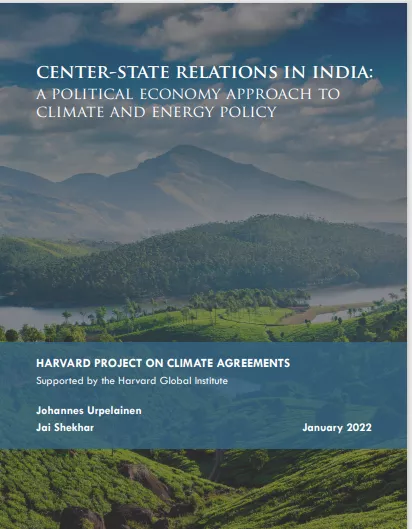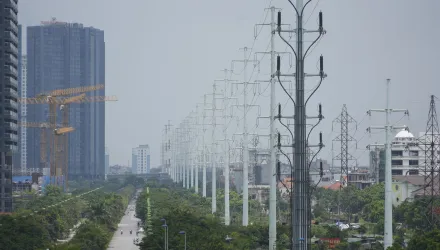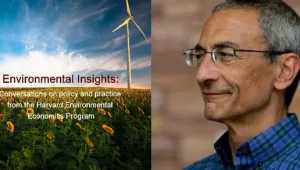Overview
The authors prepared an earlier draft of this paper as background to a research and policy workshop titled “Subnational Climate Change Policy in India.” The workshop was co-sponsored by the Centre for Policy Research, in New Delhi, and the Lakshmi Mittal and Family South Asia Institute at Harvard University. It was conducted December 8–9, 2021. Further details about the workshop, including the agenda, participant list, and most presentations, may be found here. The workshop and the paper were supported by the Harvard Global Institute.

Abstract
India plays a critical role in global climate and energy policy. Although India is only responsible for 7% of global greenhouse gas emissions today, it has a large population and considerable potential for rapid economic growth. India’s energy demand is set to increase by 35% by 2030 and by 70% by 2040. Yet India has announced a 2070 net-zero goal backed by a 500-gigawatt target for non-fossil fuel power generation capacity by 2030. How can we best understand India’s mixed record in energy transition and climate action? What are the key drivers and obstacles to raising ambition? Here we argue that the prospects of India’s climate policy depend on balancing diverse social and economic agendas at the state level with global and national leadership ambitions. Striking this balance requires managing a complex set of center-state relations under India’s federal structure. We argue that both Indian energy and climate policy reveal a deep conflict between the central government’s global, often climate-friendly ambitions and the more localized, development-dominated concerns that preoccupy state governments.
Urpelainen, Johannes and Jai Shekhar. “Center-State Relations in India: A Political Economy Approach to Climate and Energy Policy.” January 2022



